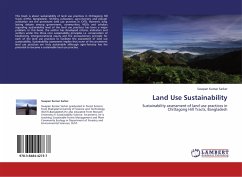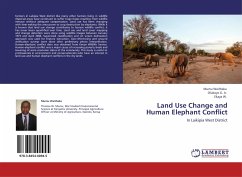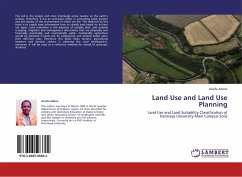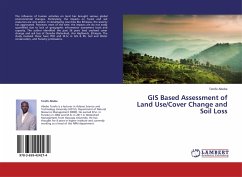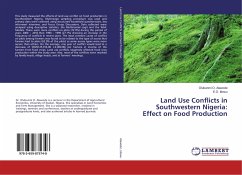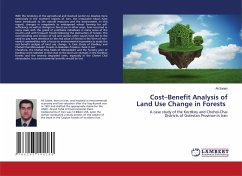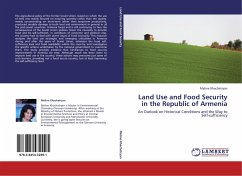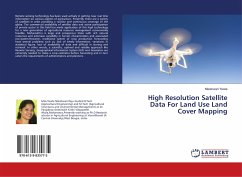This book is about sustainability of land use practices in Chittagong Hill Tracts (CHTs), Bangladesh. Shifting cultivation, agro-forestry and plough cultivation are the prominant land use practices in CHTs. However, long lasting debate among government, communities, NGOs and scholars regarding sustainability level of the land use practices has been a major problem. In this book, the author has developed criteria, indicators and verifiers under the three core sustainability principles i.e. conservation of biodiversity, intergenerational equity and the precautionary principle for each of the land use practices to facilitate the assessment of land use sustainability. Sustainability assessment implies that none of the prominent land use practices are truly sustainable although agro-forestry has the potential to become a sustainable land use practice.

